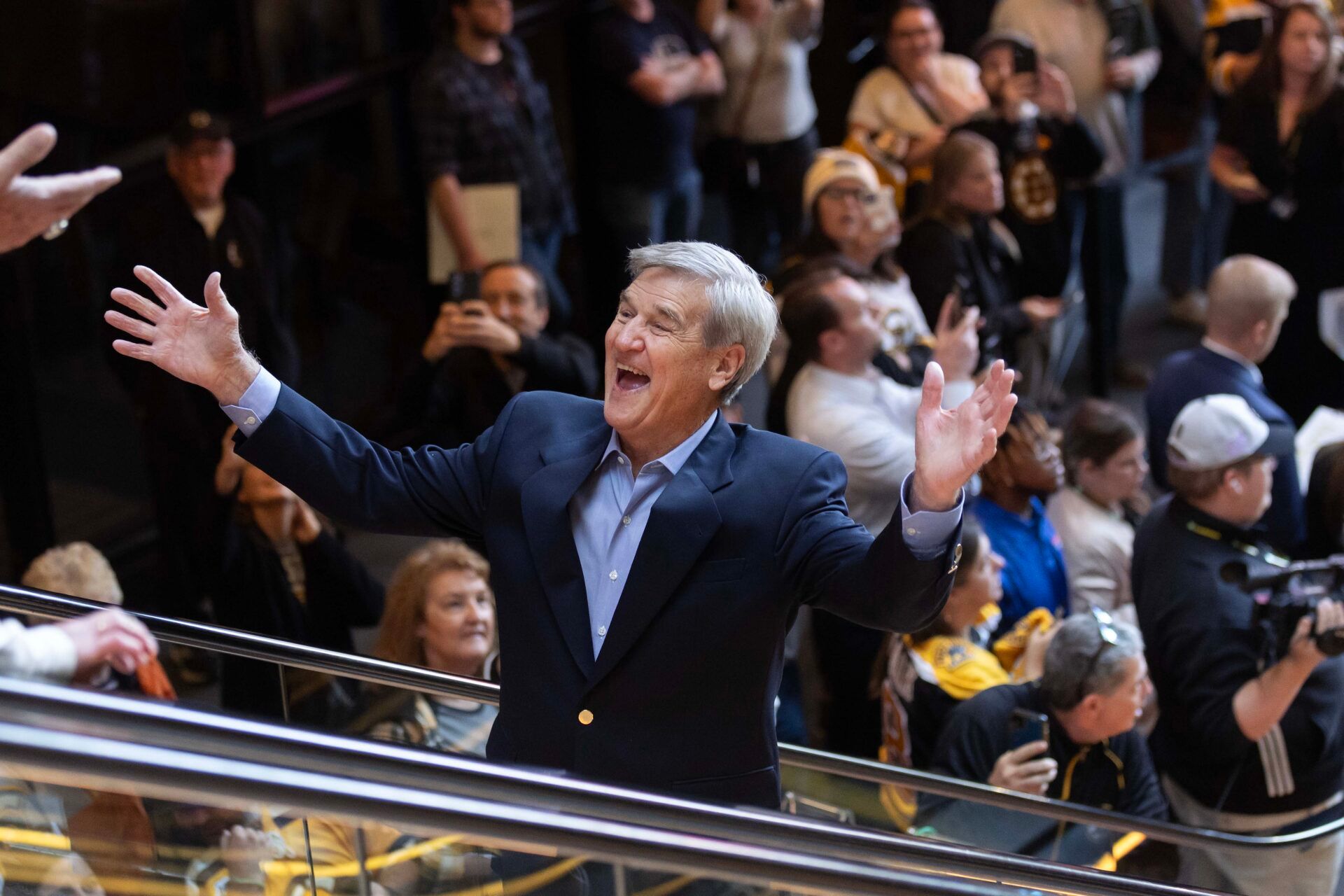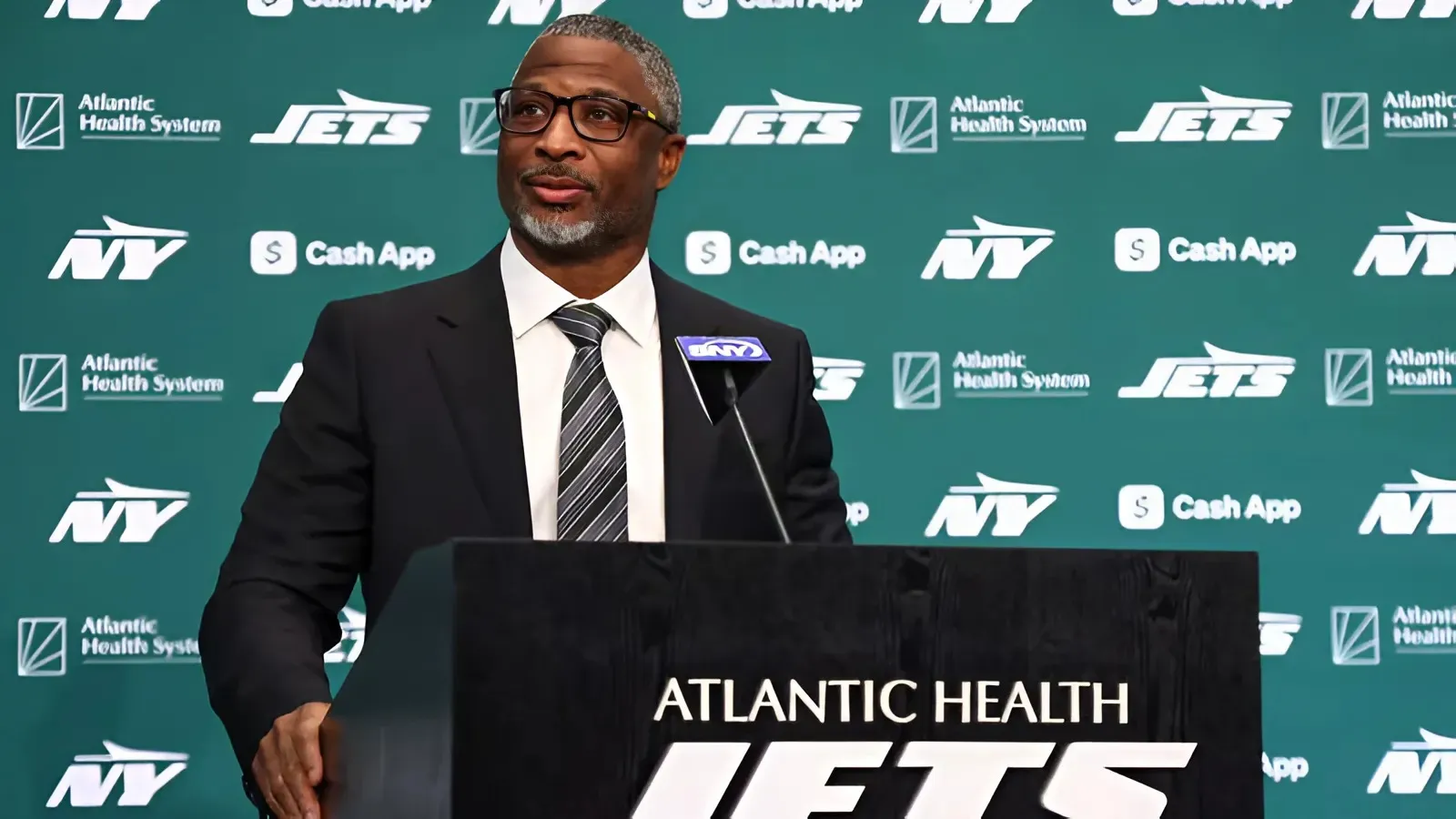With a few big names set to become unrestricted free agents in the upcoming offseason, let’s travel back 49 years to the original free agency saga that saw Bobby Orr leave the Boston Bruins.

In 1976, Orr was revered as the greatest defenseman and arguably the greatest player of all time. He spent his entire career with Boston.
During his time as a Bruin, Orr won two Stanley Cups, three Hart Trophies, eight straight Norris Trophies for top defenseman in the league from 1968-75, and two Art Ross Trophies for leading scorer. Despite his contract running out, fans and experts expected him to remain in Boston.
However, in part due to the machinations of his agent Alan Eagleson, a very different saga unfolded.
Why Bobby Orr’s Agent Threatened the Boston Bruins
Orr only played in 10 games throughout the 1975-76 season after undergoing multiple knee surgeries. He also reportedly entrusted his agent, Alan Eagleson, with negotiating a new deal.
According to public records, the Bruins initially offered Orr a five-year contract averaging $295,000 per season and an unprecedented 18.6% ownership stake in the franchise, to be granted in 1980.
However, concerns about the state of Orr’s knees led Boston to reduce their offer and insist on annual physicals, with only the first year guaranteed. Eagleson was allegedly incensed at the lack of respect and issued an ultimatum.
“There is only one way that Bobby Orr will ever be back with the Bruins, and that’s if [owner] Jeremy Jacobs asks him for another meeting and straightens out the whole situation. Otherwise, he’s gone,” Eagleson was quoted as saying by multiple media outlets.
Veteran hockey reporter Stan Fischler, known as “The Hockey Maven,” in 2021 wrote a feature on the entire saga for NHL.com. In his piece, Fischler stated that Eagleson steered Orr towards becoming a free agent.
“As the Bruins’ grip on Orr loosened, Eagleson revved up negotiations with the Blackhawks until, finally, a deal was struck,” he wrote.
Bruins‘ fans and management were understandably resentful towards Orr and Eagleson. Orr’s knees never fully recovered, and he played only 26 games for the Blackhawks before retiring in 1979.
He also had an acrimonious split with Eagleson in 1980. Their relationship deteriorated to the point that, in 1989, Orr threatened to renounce his membership in the NHL Hall of Fame unless Eagleson, who had just been inducted as a contributor to the sport, was expelled.
In a 1990 interview, Orr also revealed that his former agent had withheld critical information about Boston’s offer during the 1976 contract negotiations.
“Later, after Orr split with Eagleson, he claimed that his representative never told him of the ownership offer,” Fischler said in his article.
Despite this decades-old situation, Orr continues to be active with his presence at Bruins games. His legacy with Boston remains cemented as of the best in the history of the city’s sports.


-1744725201-q80.webp)
